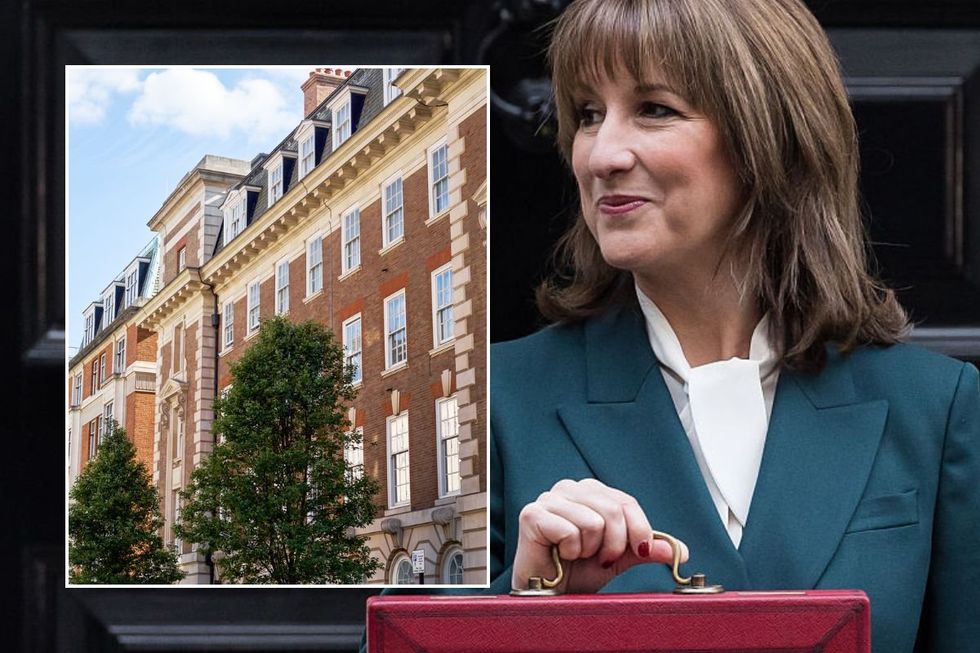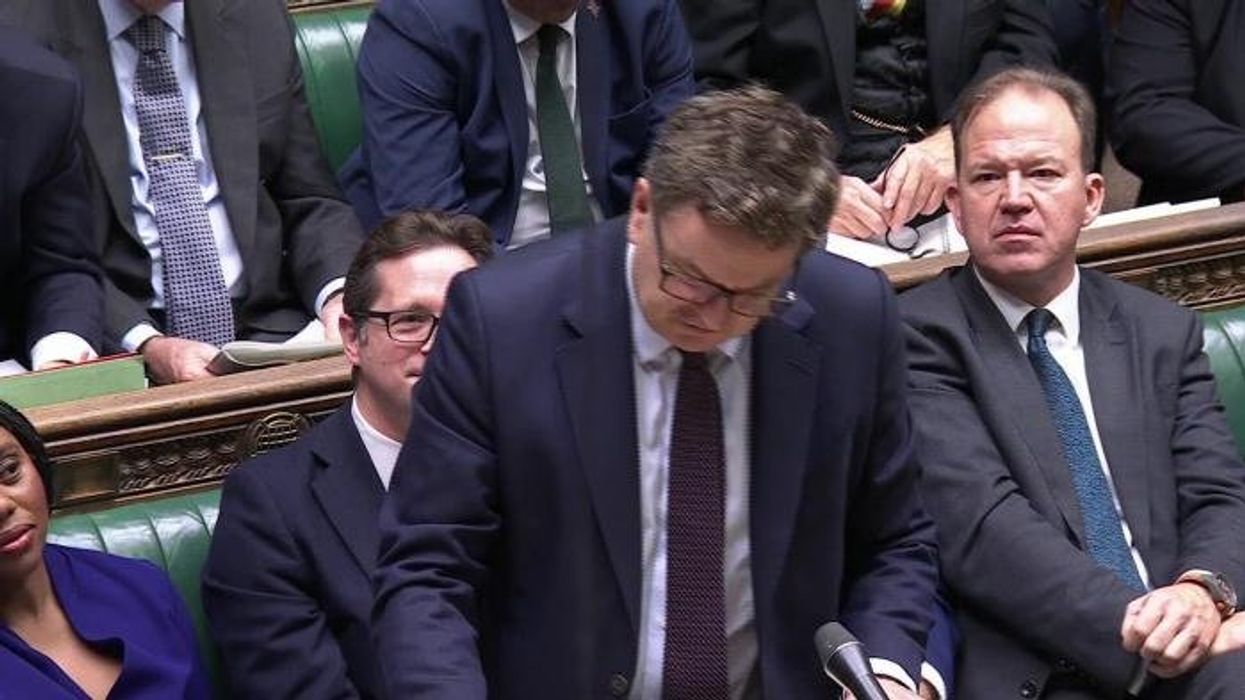Budget 2025: Now the race is on to stop the property market from caving in, says expert
Property guru Jonathan Rolande shares his thoughts on the Autumn Budget, telling GB News: 'There's genuine relief in finally knowing what we're dealing with'
Don't Miss
Most Read
After weeks of speculation, kite-flying, rumour, frankly exhausting flip-flopping and even some U-Turns on U-Turns, we finally have the Government's Budget.
And thanks to the leak to end all leaks, we didn't even have to wait until 12:30pm for it.
So, where does it leave homeowners?
The property market has been frozen and frustrated for months by constant uncertainty, with buyers, sellers, and investors all pressing pause as they waited for the Government to make up its mind.
TRENDING
Stories
Videos
Your Say
If Rachel Reeves actually wanted to thwart activity to reduce inflation, the mission pre-Budget has been a huge success.
Whatever your view on the specific measures announced today, there's genuine relief in finally knowing what we're dealing with. The property market can handle bad news, but it will not tolerate uncertainty. We now know what will have a direct impact on property.
The biggest announcement is linked to the owners of high-value homes who are set to be hit with a new Mansion Tax.
There will be four price bands, with the surcharge starting from £2,500 for properties valued between £2million to £2.5million. It will go up to £7,500 for the most expensive homes valued at £5million or more.

Whatever your view on the specific measures, there's genuine relief in knowing what we're dealing with
|GETTY
The Office for Budget Responsibility’s (OBR) housing market forecasts – which were published early – have set out expectations for mortgage rates, housing supply, and property transactions over the coming years.
The OBR says average interest rates on the stock of mortgages are expected to rise from around 3.7 per cent in 2024 to around five per cent in 2029, which is 0.2 per cent higher than its March forecast.
It notes that around 90 per cent of mortgages are now fixed-rate, meaning past increases in Bank Rate continue to filter through slowly to borrowers.
Net additions to the UK housing stock are forecast to fall from an average of 260,000 a year in the early 2020s to a low of 215,000 in 2026–27.
LATEST PROPERTY TIPS AND TRICKS

Jonathan Rolande shares his thoughts
| JONATHAN ROLANDEThe OBR expects this drop to reverse as planning reforms take effect, with net additions rising sharply to 305,000 in 2029–30.
It says cumulative additions between 2024–25 and 2029–30 will reach 1.49 million, around 10,000 fewer than projected in March.
House prices are forecast to increase from £260,000 in 2024 to just under £305,000 in 2030, growing just under three per cent in 2025 and averaging 2.5 per cent growth annually from 2026.
The OBR expects higher property income tax rates from April 2027 to reduce house price growth by around 0.1 per cent a year from 2028.
The report also shows that transactions have been volatile in 2025, rising sharply in the first quarter before falling in the second as buyers moved to complete ahead of the April Stamp Duty holiday deadline.
Residential transactions are expected to rise from just under 1.1 million in 2024 to about 1.3 million in 2029, although this is around 155,000 fewer per year than in the OBR's March forecast.
It attributes the lower medium-term outlook to slower turnover linked to higher Stamp Duty, higher forecast mortgage rates, and an ageing population transacting less frequently.
Residential investment growth is forecast to pick up from one per cent in 2025 to around seven per cent in 2027 and 2028 as monetary policy loosens and planning reforms take effect.
Growth is expected to slow to two per cent by 2030. Compared with March, residential investment growth is three per cent higher in 2025 but an average of 1.3 per cent lower between 2026 and 2029, reflecting higher medium-term interest rate expectations and a lower housing turnover rate.
To be honest, the real damage wasn't necessarily going to come from the policies themselves; it was the paralysis caused by not knowing what was coming.
Now we have the details, the market can adjust, adapt, and get moving again, even if it has to re-adjust to lower prices or activity levels.
Buyers and sellers can make informed decisions rather than fumbling in the dark. Moving forward, let's hope the Government recognises that stability and consistency matter almost as much as the policies themselves.
I hope that we will never again see such a shambles before the Chancellor has even stood up to address the country.
Jonathan Rolande is a property expert and the founder of House Buy Fast. For more information, visit www.jonathanrolande.co.uk.
Our Standards: The GB News Editorial Charter











